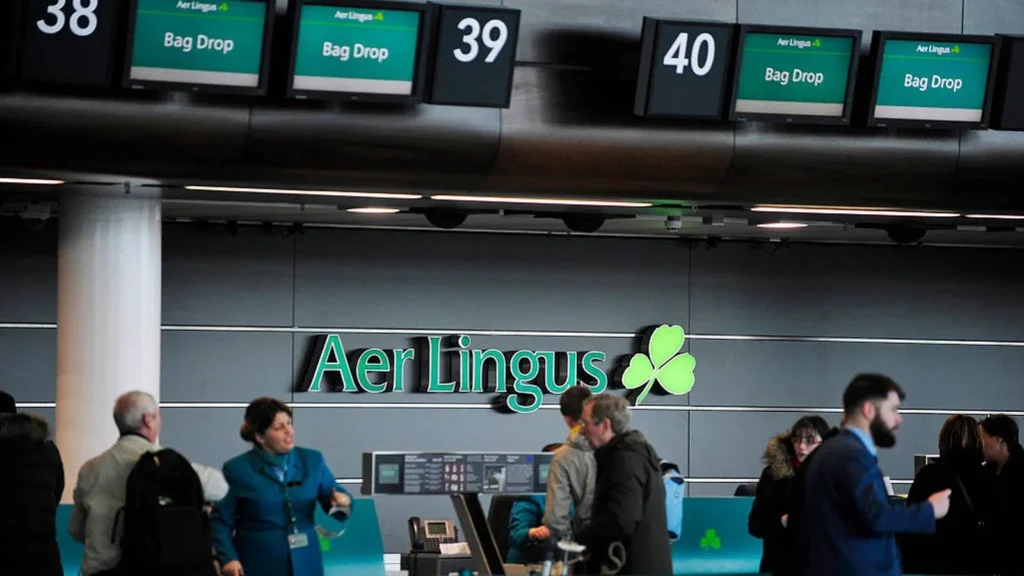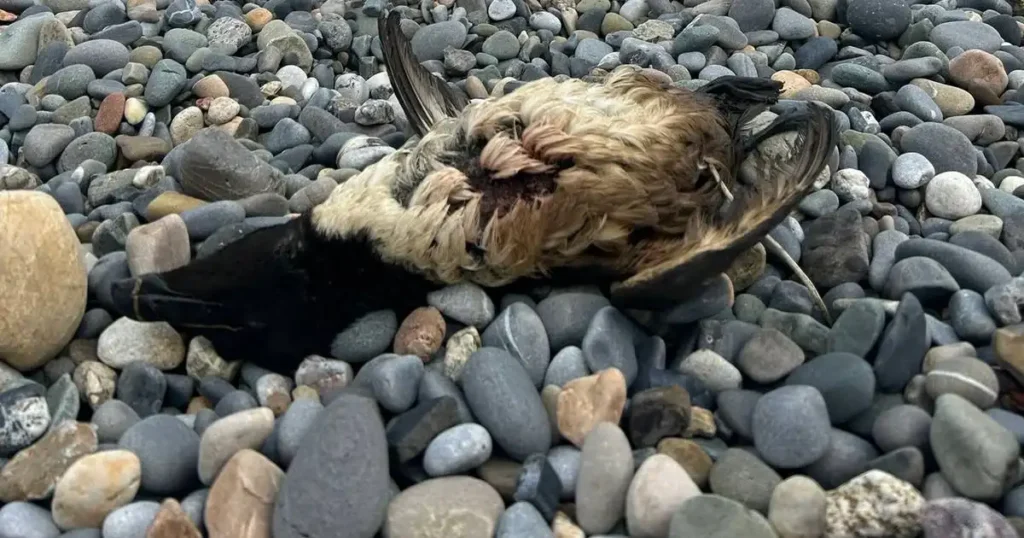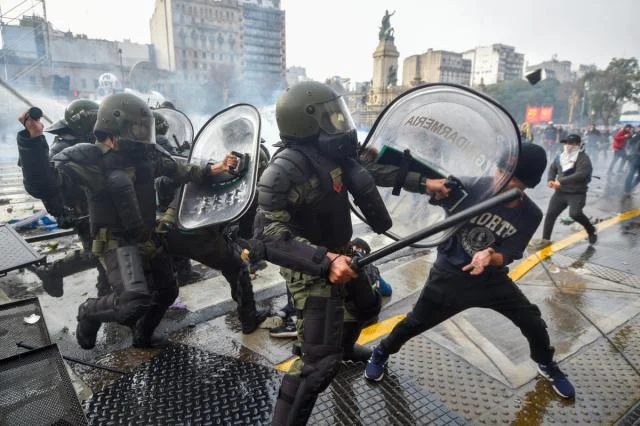Severe Food Crisis in Gaza Signals Impending Mass Fatalities
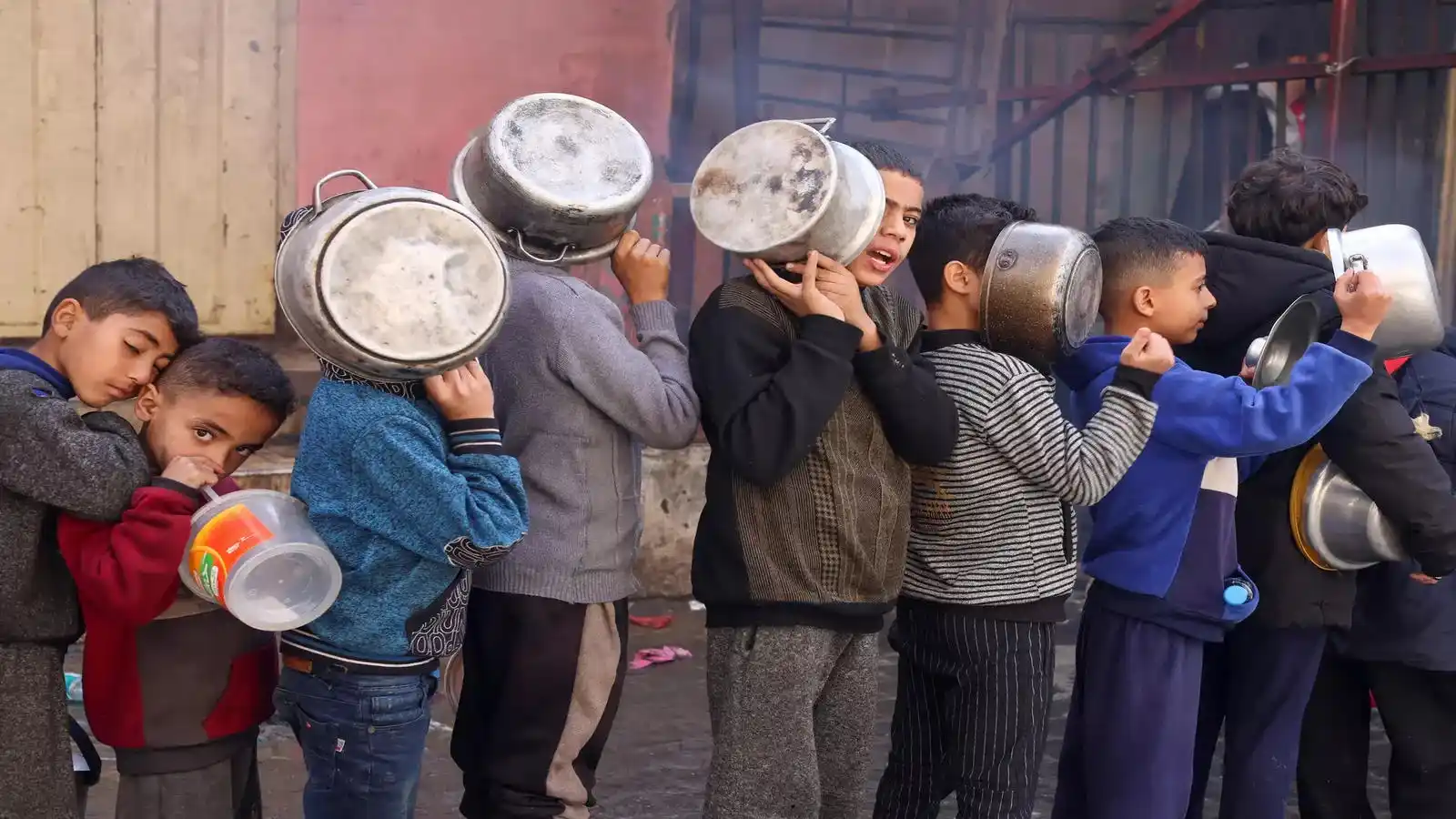
Severe Food Crisis in Gaza!!
The Integrated Food-Security Phase Classification states that food shortages in some parts of the Gaza Strip have gotten so bad that they are now causing famine (IPC). These levels of shortage have never been seen before.
(Also read Famous French Artist To Wow Dublin With New Exhibition.)
According to the IPC, a group that U.N. agencies rely on, 70% of residents in northern Gaza are suffering from the worst kind of food shortage. This percentage is more than triple the 20% threshold used to define a famine.
Food Crisis in Gaza: Dire Situation Sparks Global Concern
The situation is dire, with mass deaths predicted without immediate action. The IPC estimates that residents in these areas are at risk of famine-scale death rates, which means that two people out of every 10,000 are dying daily from starvation or malnutrition-related diseases. According to the Gaza Health Ministry, starvation has already claimed the lives of three adults and 27 children.
The IPC emphasises that urgent political decisions are necessary to prevent a famine. Crucial are a cease-fire and a major expansion of commercial and humanitarian access to all of Gaza’s residents.
The report states that 1.1 million Gazans, approximately half of the population, are currently experiencing catastrophic food shortages. Around 300,000 individuals in these areas face the imminent threat of famine-scale death rates.
The possibility of an artificial famine in Gaza has led to harsh criticism of Israel by friends in the West. Josep Borrell, the head of EU foreign affairs, said, “Famine is no longer a threat in Gaza. Israel is causing starvation.” The foreign minister of the nation, Israel Katz, responded by stating that Israel is entitled to self-defence against Hamas.
He claimed that Israel has allowed extensive humanitarian aid into Gaza and that Hamas militants have disrupted the aid efforts with the collaboration of the U.N.’s aid agency UNRWA.
The IPC report has received condemnation from U.N. Secretary-General Antonio Guterres, who called it an “appalling indictment.” Guterres emphasised that Israel must permit total and unrestricted access to all area of Gaza. In addition to expressing worry, British Foreign Minister David Cameron demanded swift action to prevent a famine.
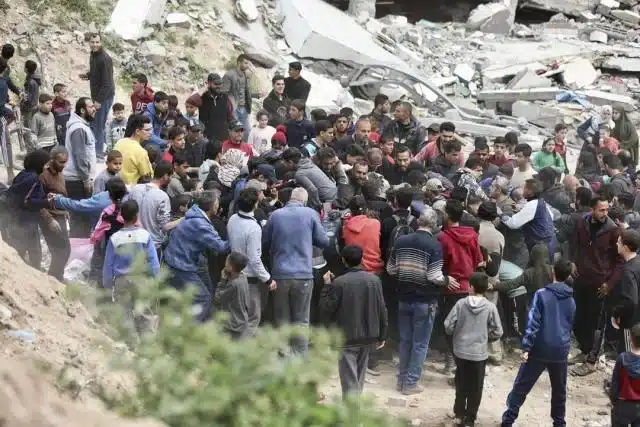
In response, Israel has stated that it is increasing access routes for aid into Gaza, including by land, sea, and air. The country has allowed the arrival of the first boat carrying aid. However, aid agencies maintain that they still face significant challenges in delivering supplies throughout Gaza, especially in the north.
The grave food crisis in Gaza is further highlighted by a significant attack on Al Shifa Hospital in Gaza City. The hospital was once the largest in the Gaza Strip but now operates at a limited capacity. Israeli forces claim to have targeted the hospital due to intelligence suggesting that Hamas leaders were using it. The Israeli military reports that more than 200 terrorist suspects were apprehended during the operation.
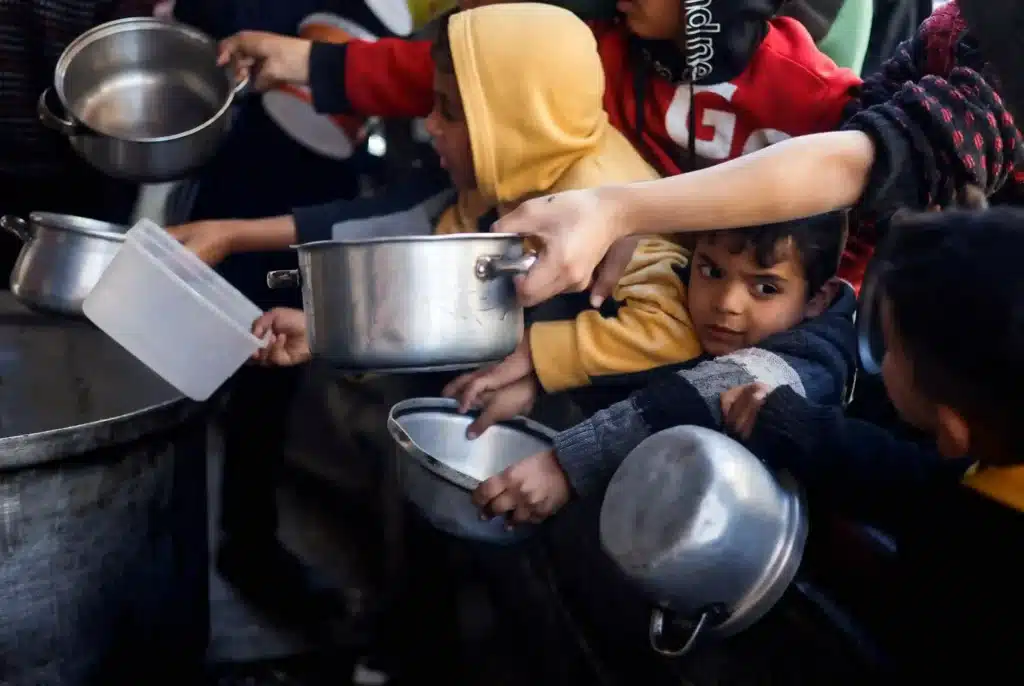
The ongoing war between Israel and Hamas, now in its sixth month, has led to immense suffering for the people of Gaza. Israeli Prime Minister Benjamin Netanyahu has received a warning from President Joe Biden that a military action in Rafah will simply intensify the chaos in Gaza. Though talks and a ceasefire are being sought urgently, things are moving slowly.
As the international community calls for action to avert famine and address the dire food crisis in Gaza, it is evident that immediate humanitarian aid, unfettered access, and a lasting ceasefire are imperative.
The lives of thousands of innocent civilians hang in the balance, and it is crucial for all parties involved to prioritise their well-being and find a sustainable solution to the conflict.
LATEST NEWS
DISCOVER MORE

